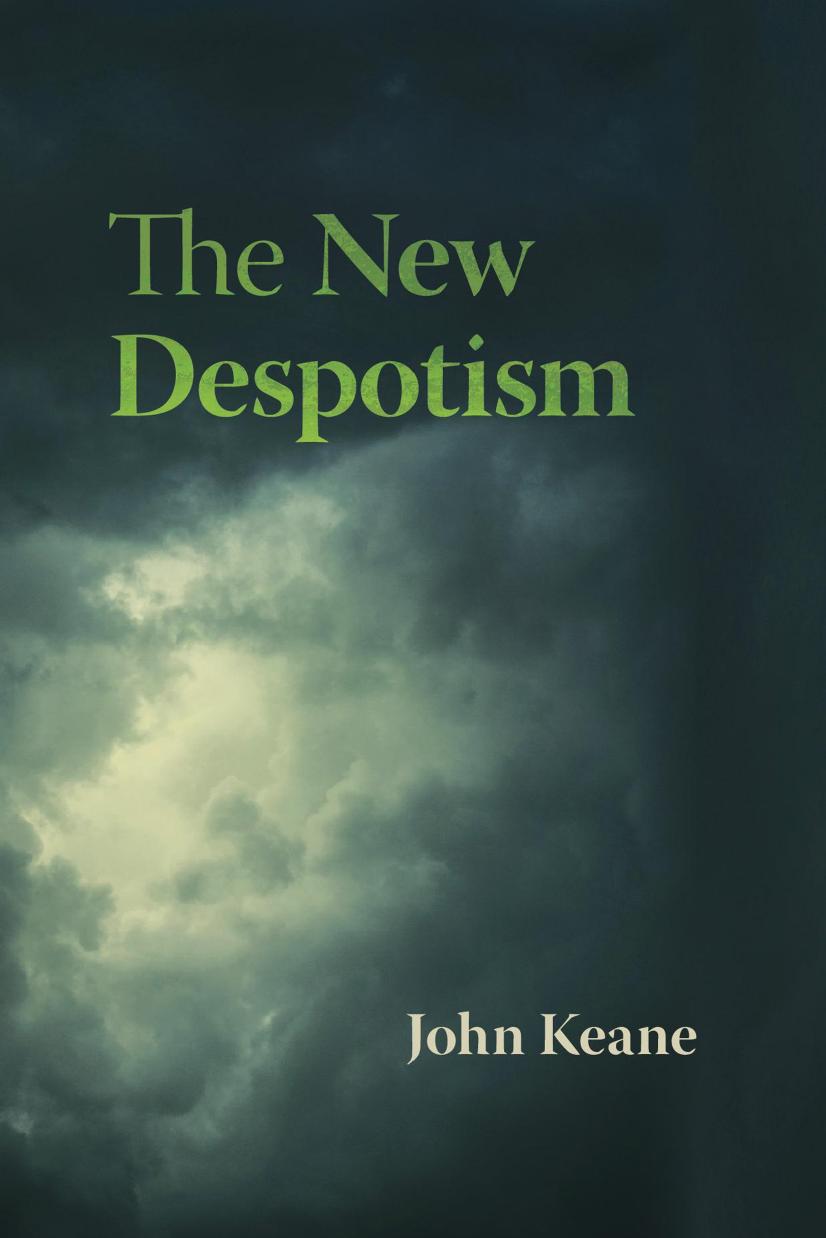The New Despotism by John Keane

Author:John Keane [Keane, John]
Language: eng
Format: epub, pdf
Tags: Political Science, Comparative Politics, Political Ideologies, Democracy, History & Theory
ISBN: 9780674660069
Google: WNbVDwAAQBAJ
Publisher: HarvardUP
Published: 2020-05-12T21:40:54+00:00
Measured Violence
If persuasion of people rather than violence against them is key to the stability and long life of despotism, then a salient question arises, one that many consider the quintessential political question: How violent are the new despotisms of our age? Since all states strive to monopolize the means of violence, it seems germane to ask whether rulers are prone to use force on their subjects and on others outside their realm. And since several of these states are armed with weapons of total annihilation, they could be a danger to their subjects, and to all peoples on our planet.
The conventional answer from past thinkers who worried their heads about despotism is straightforward. In the seventeenth century, Thomas Hobbes was the first to say openly that governmentââpaternal, and despoticââis founded on conquest and âfear of others.â16 The thought that despotism is a synonym for master-servant government established by violent conquest of subjects fearful of death was echoed in Samuel Johnsonâs often-cited A Dictionary of the English Language (1755). Despotism is âabsolute power,â he wrote. He went on to say, âDespot: An absolute prince; one that governs with unlimited authority,â and âDespotical, Desspotick: Absolute in power; unlimited in authority; arbitrary; unaccountable.â17 The ideas buried in these definitions remain familiar. When the word âdespotismâ is uttered, what springs to mind is the image of power backed by fear and violence. Despotisms are said to rest upon their monopoly of force. Appearances aside, they are repressive police states.
What we are about to encounter is yet another surprise: the new despotisms are police states, but they do not resemble the police states of the past. The term âpolice stateâ once meant a form of government that âpolicedâ (regulated and polished) its subjects. In the mid-nineteenth century it came to mean a government that exercises power arbitrarily backed up by extensive powers of surveillance and force. When used today, the term has negative connotations. It highlights the bullying, fear, and uncertainty that accompany heavy-handed policing. A police state in effect takes the ruled population hostage in deadly games of shadowy, arbitrary power. The commonly used phrase emphasizes how the rulers of a police state are entangled in parallel dynamics, such as fear of rivals, secretive plots, and assassinations. Police states are often symbolized by Hitlerâs Germany, where terror functioned as ânon-calculable violenceâ hovering daily over the heads of every subject.18 Violence was an instrument used to attract loyal support, to frighten the obedient, and to destroy defenseless innocents in concentration camps. More recently, when we hear talk of police states, we turn to Augusto Pinochetâs Chile, with its unsparingly brutal suppression of citizensâ rights to public assembly, independent media, and trade union freedoms. Or we think of Erich Honeckerâs East Germany, a police state that penetrated every nook and cranny of life by means of a vast police and intelligence service staffed by more than one hundred thousand full-time âsword and shieldâ officers, noncommissioned personnel, and special guard units and supported by Stasi informers
Download
This site does not store any files on its server. We only index and link to content provided by other sites. Please contact the content providers to delete copyright contents if any and email us, we'll remove relevant links or contents immediately.
| Comparative | Conflict of Laws |
| Customary | Gender & the Law |
| Judicial System | Jurisprudence |
| Natural Law | Non-US Legal Systems |
| Science & Technology |
American Kingpin by Nick Bilton(3876)
Future Crimes by Marc Goodman(3595)
The Meaning of the Library by unknow(2565)
Inside the Middle East by Avi Melamed(2352)
Why Nations Fail: The Origins of Power, Prosperity, and Poverty by Daron Acemoglu & James Robinson(2289)
On Tyranny by Timothy Snyder(2227)
Living Silence in Burma by Christina Fink(2068)
Putin's Labyrinth(2017)
The Mastermind by Evan Ratliff(1934)
The Smartest Kids in the World by Amanda Ripley(1855)
Think Like a Rocket Scientist by Ozan Varol(1815)
Law: A Very Short Introduction by Raymond Wacks(1739)
It's Our Turn to Eat by Michela Wrong(1728)
The Rule of Law by Bingham Tom(1690)
Philosophy of law a very short introduction by Raymond Wacks(1667)
Leadership by Doris Kearns Goodwin(1634)
A Dirty War by Anna Politkovskaya(1627)
Information and Communications Security by Jianying Zhou & Xiapu Luo & Qingni Shen & Zhen Xu(1617)
Civil Procedure (Aspen Casebooks) by Stephen C. Yeazell(1554)
